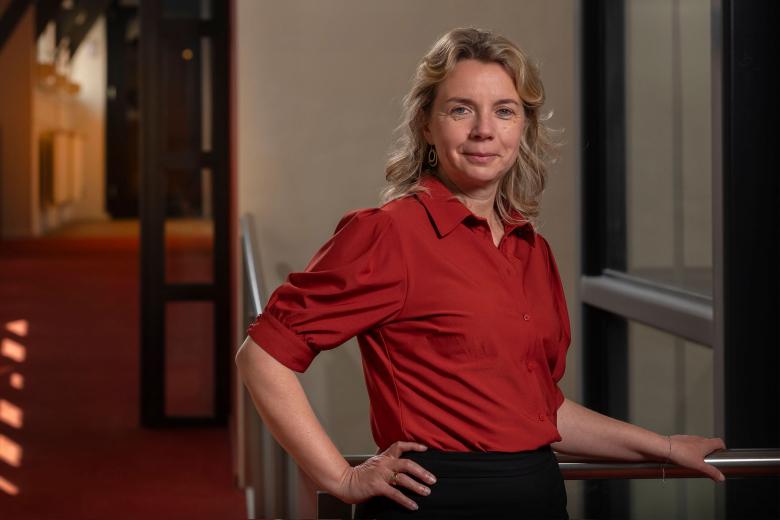Scaling up in human tissue culture
ReGEN Biomedical, a Maastricht University spin-off, has entered into a partnership with Demcon. Operating on an international level, this technology company will become a shareholder and will be making strides in regenerative medicine at Brightlands Maastricht Health Campus, together with ReGEN, with a focus on cultivating human tissue from cells.
ReGEN Biomedical is part of the RegMed XB pilot plant, an international infrastructure that encompasses the complete chain of the development and production of stem cells, mini-organs, tissues and (bio)materials.
The RegMed XB project was set up in 2017 as a public-private partnership between Belgian and Dutch parties including the universities of Leiden, Utrecht, Eindhoven, Leuven and Maastricht as well as more than 30 companies and government agencies. The entire pilot plant is primarily funded by the National Growth Fund, which has designated regenerative medicine as one of its spearheads.
Maastricht University spin-off
A spin-off of university professor Clemens van Blitterswijk’s research group, ReGEN Biomedical focuses on cultivating large quantities of functional microtissues to serve as building blocks for clinical application in macrotissues and ultimately in the repair of muscles, cartilage and organs. Last year, a production line was set up for the culturing of muscle, bone and organ tissue at Brightlands Maastricht Health Campus. Human cells and other raw materials are processed and stored in the various cleanrooms there. The heart of ReGEN Biomedical is the cleanroom where actual production takes place, involving a process performed by a robotized system. During a fully automated process, cells are inserted into the thousands of tiny compartments after which they are fed and combined so that they can grow to become tiny slices of tissue. These slices are currently being used for research.
Further upscaling
With Demcon joining as a technology partner, ReGEN Biomedical expects to be able to scale up further. Prof. Marianne van der Steen, co-founder and CEO of ReGEN Biomedical, is happy about the arrival of Demcon, a company with over 1,000 employees and offices in the Netherlands, Japan and Singapore. “This is an important step for us but also for the national pilot plant we are a part of. In addition to the financial investment, Demcon will provide us with the engineering expertise necessary to build large-scale production lines faster and better. The future of healthcare is curing chronic diseases through regenerative-medicine solutions; our company is making this affordable for all patients. This investment will help us contribute to a better future for patients.”

Marianne van der Steen is co-founder and CEO of ReGEN Biomedical.
Social impact
Dennis Schipper, CEO of Demcon, is also pleased with the partnership. “At Demcon, we aim to develop technological solutions that enable us to make a social impact. Having started out in high-tech mechatronics, we have now also been active in life sciences and health for over ten years. It’s no coincidence that we started a branch in Maastricht a few years ago where we work mostly on medical technology projects. The current team at ReGEN Biomedical has taken a fantastic first step in equipping the pilot line; we are now entering the company’s next growth phase and working on the next step in regenerative medicine.”
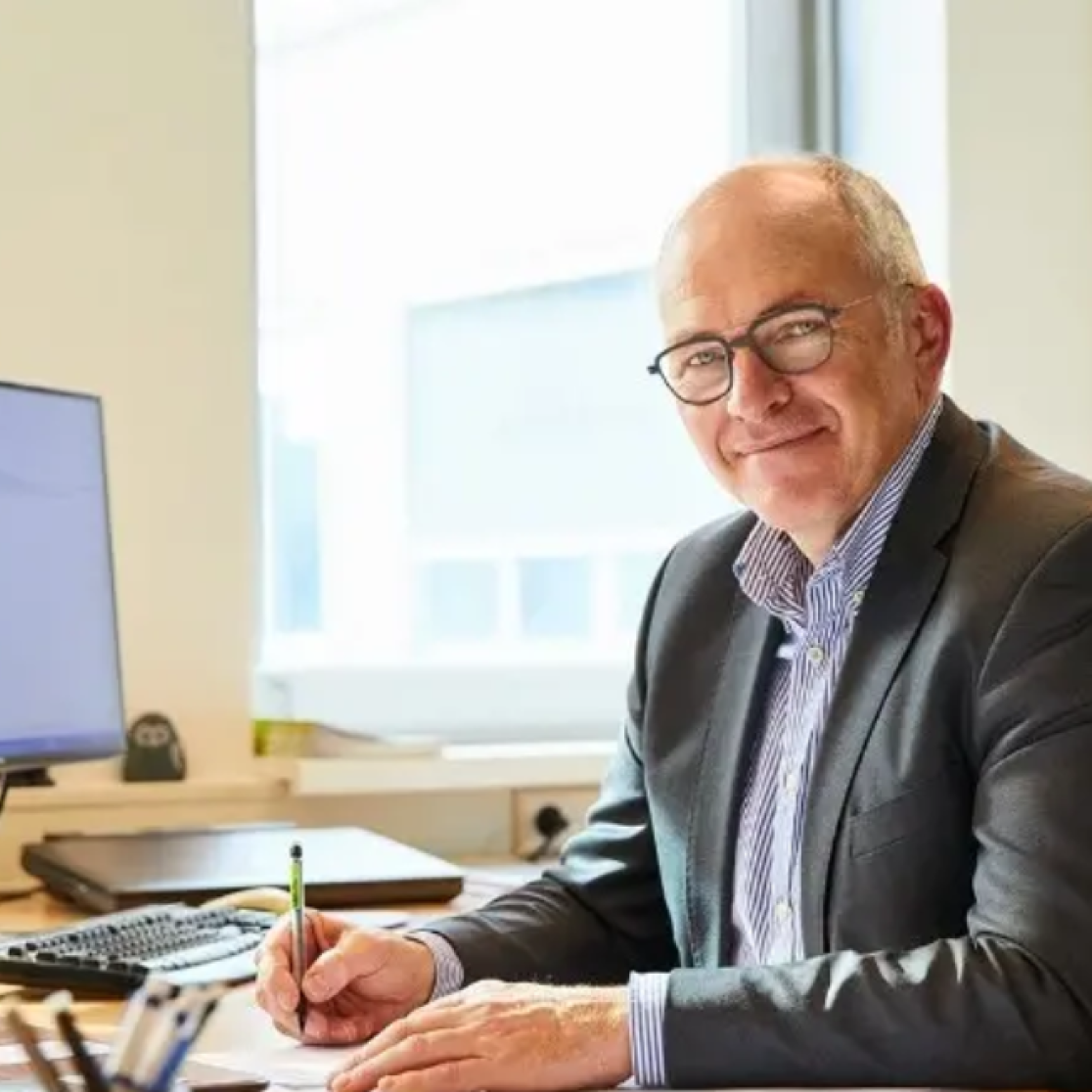
Dennis Schipper is CEO of Demcon.
Brightlands ecosystem
CEO of Brightlands Life Sciences Ventures Murk Peutz believes the collaboration is important to the development of the Brightlands ecosystem. “The rapidly increasing demand for regenerative medical applications requires new production methods for cells and tissues. These methods are being developed thanks to the combination of Demcon’s technological knowledge with Maastricht University’s biological expertise.”
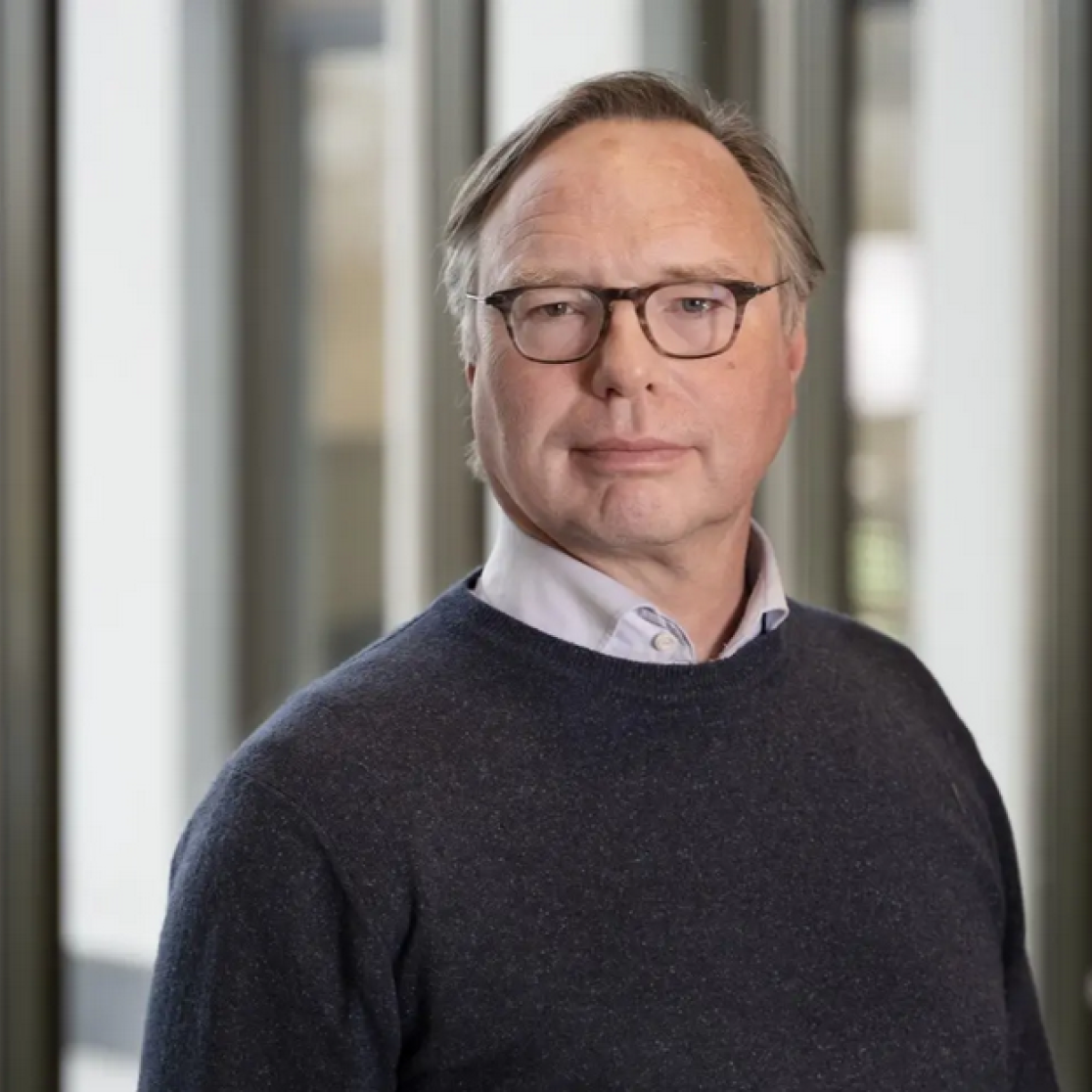
Murk Peutz is CEO of Brightlands Life Sciences Ventures.
Also read
-
Writer Frank Nellen and researcher Suzanne Kooloos investigate special book collections
Writer Frank Nellen and researcher Suzanne Kooloos are joining forces to delve into the special book collections of Radboud University and Maastricht University. Their research will serve as inspiration for a joint artistic project. The writer and researcher will be given free rein and will report...
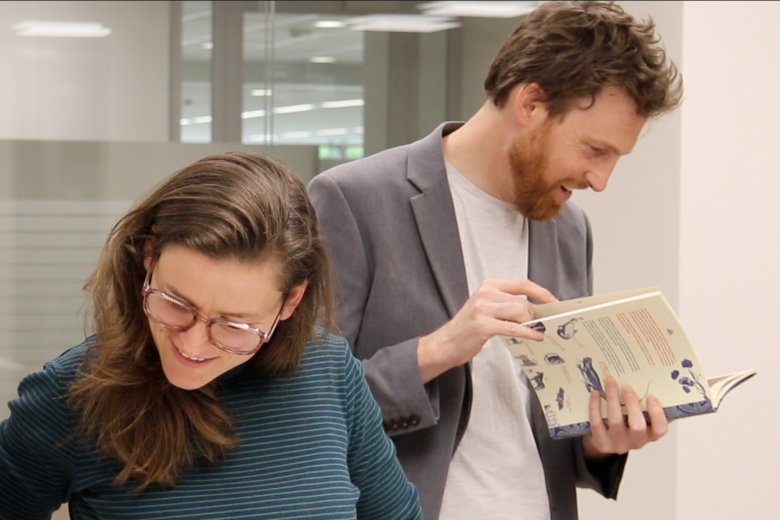
-
Maastricht University recognised among top institutions in CEO Magazine’s 2025 Green MBA Rankings
We are proud to share that Maastricht University School of Business and Economics has been recognised as a top-ranked institution in the CEO Magazine 2025 Green MBA Rankings.
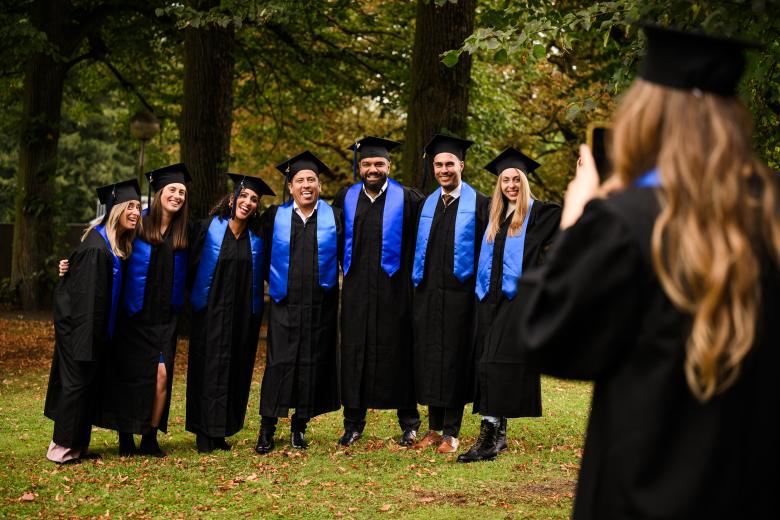
-
Pamela Habibović joins Executive Board Universities of the Netherlands
As of 1 July 2025, Pamela Habibović, UM’s Rector Magnificus, will join the Executive Board of Universities of the Netherlands (UNL).
